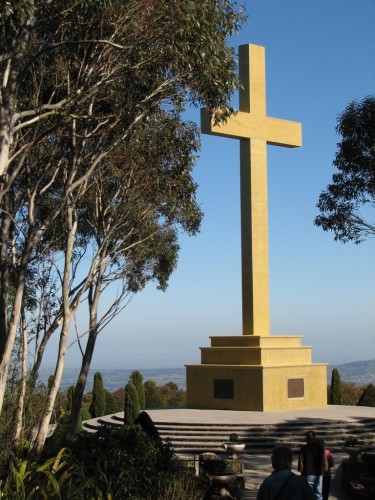I don’t normally watch awards programs shown on television. They tend to be long-winded, drawn out and frankly boring affairs. Of course, if I was in the running for an award of some sort, they’d be as exciting as.
I didn’t watch all of Australian television’s Logies Awards presentation last night but did catch the last half hour or so. I should have gone to bed as I was very tired, but kept putting off the effort of doing so.
What I did see pleased me. Not one but several of the award winning actors paid tribute to the excellent writers of various television series. Writers are far too often overlooked in such events, but where would they be without the writers first having the ideas for the story lines, and then doing the hard work of putting the plot, characters and setting and all the other elements of a good story together? Without writers – good writers – we’d have no television drama, no comedy series, no films and little entertainment.
I know it’s not an Australian series, but I’ve recently become a fan of the American crime series called Castle. In an interesting twist, the main character is a crime writer called Castle who helps a detective and the police solve everyday crimes. I also enjoy the gentle humour incorporated in the scripts.
Enough from me: I’d like to acknowledge the fine skills of the many wonderful television and film writers out there. Well done.

